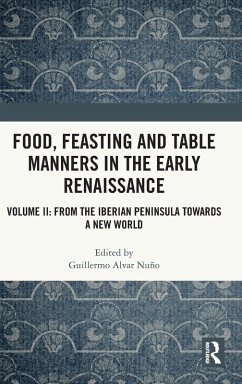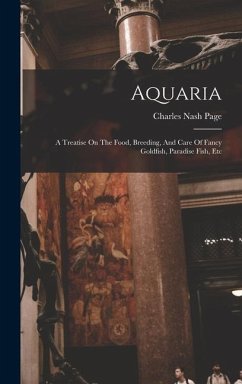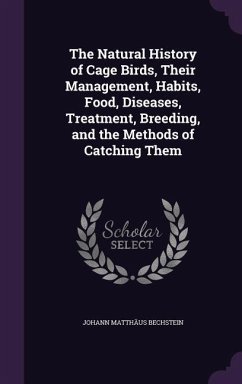
Food, Feasting and Table Manners in the Late Middle Ages
Volume I: The Iberian Peninsula in the European Context
Herausgeber: Nuño, Guillermo Alvar
Versandkostenfrei!
Versandfertig in 1-2 Wochen
194,99 €
inkl. MwSt.
Weitere Ausgaben:

PAYBACK Punkte
97 °P sammeln!
The present volume aims to offer a panorama of what people ate and how did they do it in the Iberian Peninsula from the 12th to the 15th centuries.













